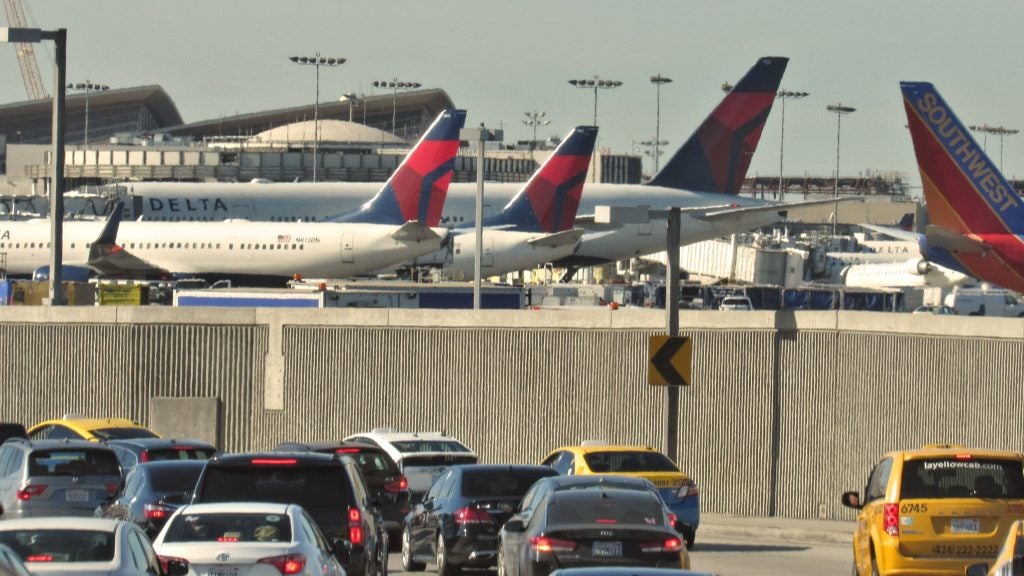
The European Parliament has voted on two issues affecting the rail industry, receiving a mixed response from industry groups including concern about creating incentives for the use of cargo trucks.
During a plenary session of the EU’s legislative body, changes were approved to the Weights & Dimensions Directive (WMD) that allow heavier trucks to operate across borders, in an attempt to allow fewer journeys and to account for the weight of batteries in electric vehicles.
However, groups including Rail Freight Forward (RFF) warned the changes, which will apply to all vehicles until focussing on zero-emission vehicles in 2034, could allow bigger, fossil-fuel powered trucks such as European Modular Systems, truck and trailer combinations nearly 9m longer than standard European lorries, to benefit.
The Community of European Railway and Infrastructure Companies (CER) said: “Such vehicles bring with them a whole plethora of safety concerns and a significant risk to existing infrastructure, which would require extensive adaptation.
“Furthermore, their introduction will further hamper efforts to promote intermodality and risks causing a reverse modal shift towards road – a transport mode with higher emissions and lower energy efficiency and safety standards than rail.”
While amendments to immediately focus the WMD changes on zero-emission vehicles and limit cross-border operations, supported by both CER and RFF, did not pass, the rail industry is hoping the analysis of the proposals by the European Council will support the changes called for.
How well do you really know your competitors?
Access the most comprehensive Company Profiles on the market, powered by GlobalData. Save hours of research. Gain competitive edge.

Thank you!
Your download email will arrive shortly
Not ready to buy yet? Download a free sample
We are confident about the unique quality of our Company Profiles. However, we want you to make the most beneficial decision for your business, so we offer a free sample that you can download by submitting the below form
By GlobalDataOn the other hand, and stemming from the same session in which changes to the WMD were approved, CER welcomed the initial approval of legislation to create a regulation on the use of rail infrastructure capacity.
The parliament’s Committee on Transport and Tourism approved amendments to the proposal last week.
The law would lead to implementation of optimised capacity management to increase capacity on the European rail network, including financing to support the implementation of digital capacity and traffic management solutions.
Alberto Mazzola, CER’s executive director, said: “The plenary vote is an important step towards a substantial increase of infrastructure capacity by optimising the use of the existing rail infrastructure and avoiding capacity wastes through improved processes and digitalisation. We thank the members of Parliament for their efforts.”
However, despite the industry praise for the vote, some concern remained about an “excessively high number” of secondary acts on the issue which CER warned could hamper implementation of the initial regulation.
The disappointment around the EU’s action on freight transport by road comes only a few months after the organisation announced a new proposal to prioritise intermodal freight transport operations that decrease environmental impacts by at least 40% compared to solely road-based transportation.







